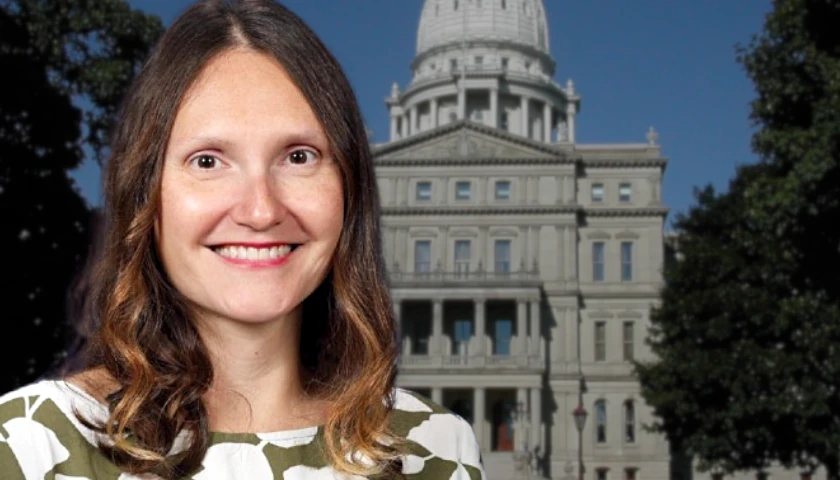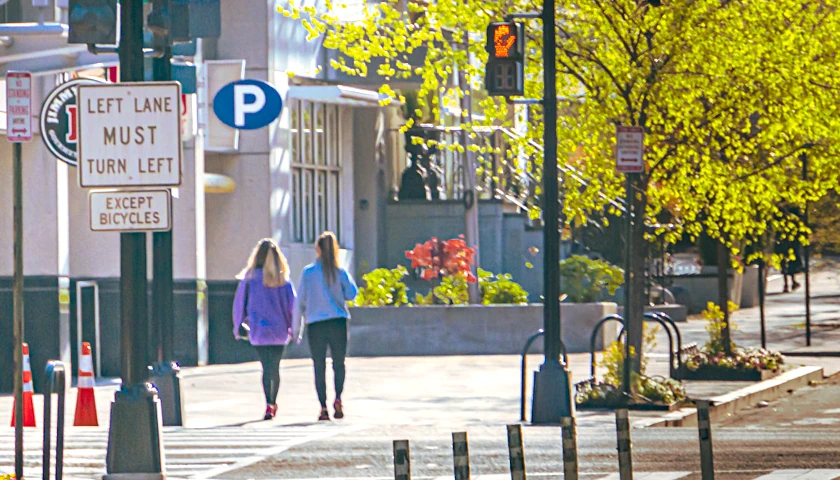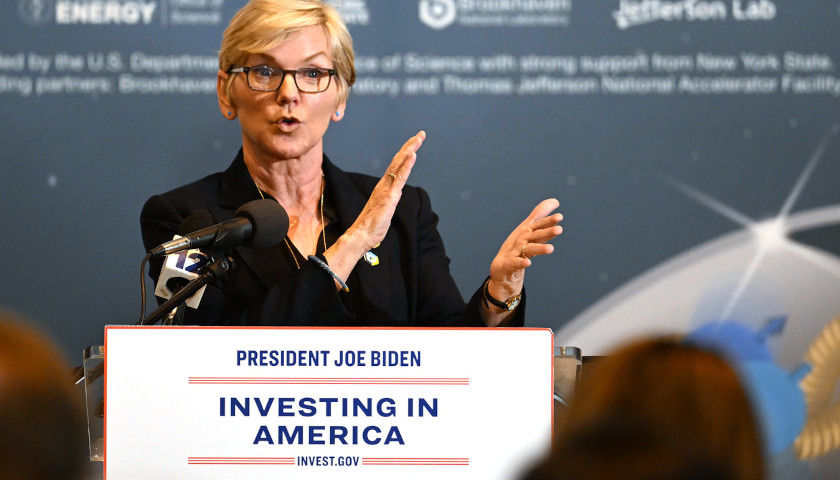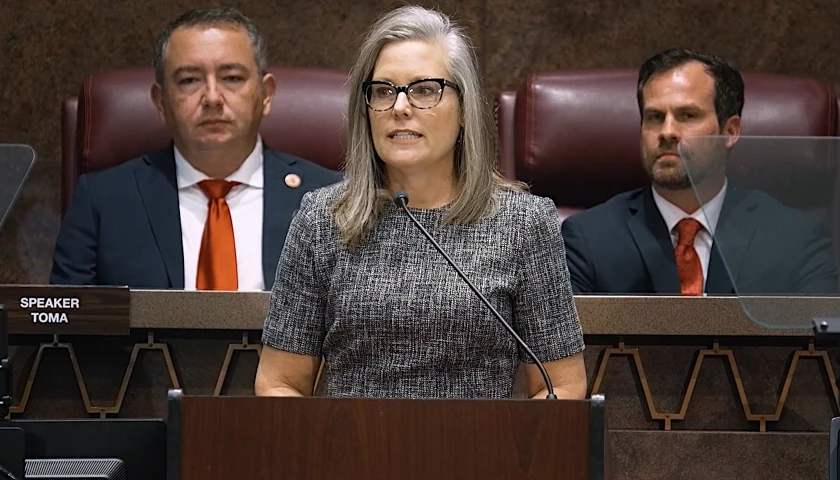by Thérèse Boudreaux
State Rep. Penelope Tsernoglou, D-East Lansing, introduced four House bills that would expand the allowable uses for on-demand ballot printing and clarify statutory language that was missed when implementing Michigan’s Proposal 2 of 2022.
HB 6052 would allow clerks to use on-demand ballot printing for same-day registration voters in a clerk’s office or in election day voting centers. It would also allow on-demand ballot printing for ballots printed in a language other than English so that clerks could avoid having to pre-print large numbers of non-English ballots.
HB 6053 would adjust the deadline for most election-related Michigan lawsuits from 28 days before Election Day to 45 days beforehand. The rationale behind this, Tsernoglou said, is to prevent needless administrative disruptions to the election process when absentee ballots have already been sent out. The bill still allows for lawsuits to be filed during this timeframe, but only when there is a compelling reason and with a higher burden of proof placed on the filer.
HB 6054 and 6055 propose multiple amendments to election administrative procedures and early voting provisions, including requiring clerks to notify the Michigan Bureau of Elections of early voting site decisions at least 50 days before the site opens for polling.
The bills would also outline the procedures for early voting agreements and withdrawals among municipalities and counties, clarify rules for absentee ballot processing, require county clerks to conduct unofficial counts for early unofficial returns, and amend sentencing guidelines provisions in the state’s criminal law procedure, among other changes.
Promote the Vote’s Policy Counsel Melanie Macey testified in support of the legislation, saying the bills clarify legal provisions in election law and provide solutions to administrative hiccups that clerks dealt with during last week’s elections.
“This committee has done quite a bit of work on elections, and so there have been a lot of changes…and through that we’ve seen that there are some questions that came up from clerks or from voters that didn’t have a clear statutory answer,” Macey said. “This is certainly not the end to the changes that need to be made, but it’s a great start.”
State Rep. Ann Bollin, R-Brighton Township, testified in opposition to the bills, arguing the legislation should be delayed until all performance metrics from the General Election have been collected and reviewed.
“As a former clerk, I fully support that we should make every endeavor to make sure that every eligible voter can vote freely, secretly, independently, and securely,” Bollin said. “I am absolutely appalled that this committee would put forth changes to election law when we haven’t even really figured out how the laws worked for us–we aren’t even through this presidential election, this General Election, and the certification process.
Bollin pointed out specifically the technical problems clerks encountered with print on-demand ballots during the General Election and the fact early voting post-election audits have not been conducted across the state for any election with early voting.
“I do not think this is the time to be changing any election law until we have really stepped back,” Bollin said, adding that she supports early voting. “We should be focusing on an audit of the voter rolls, funding of our elections, [and] the certification of the post-election audit process. I respectfully ask that you put this on hold.”
– – –
Thérèse Boudreaux is an apprentice reporter covering Michigan and Wisconsin for The Center Square, under the mentorship of Midwest Regional Editor J.D. Davidson. Her work focuses on election-related news in these two states. Previously, she interned at the Mackinac Center for Public Policy. Thérèse graduated with a major in politics from Hillsdale College in May of 2024, where she produced award-winning radio journalism.
Background Photo “Michigan Capitol” by Nikopoley. CC BY SA 3.0.








